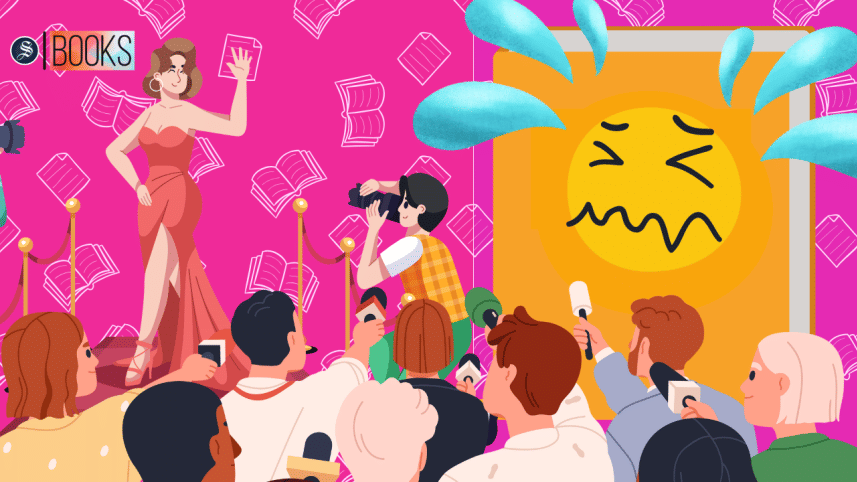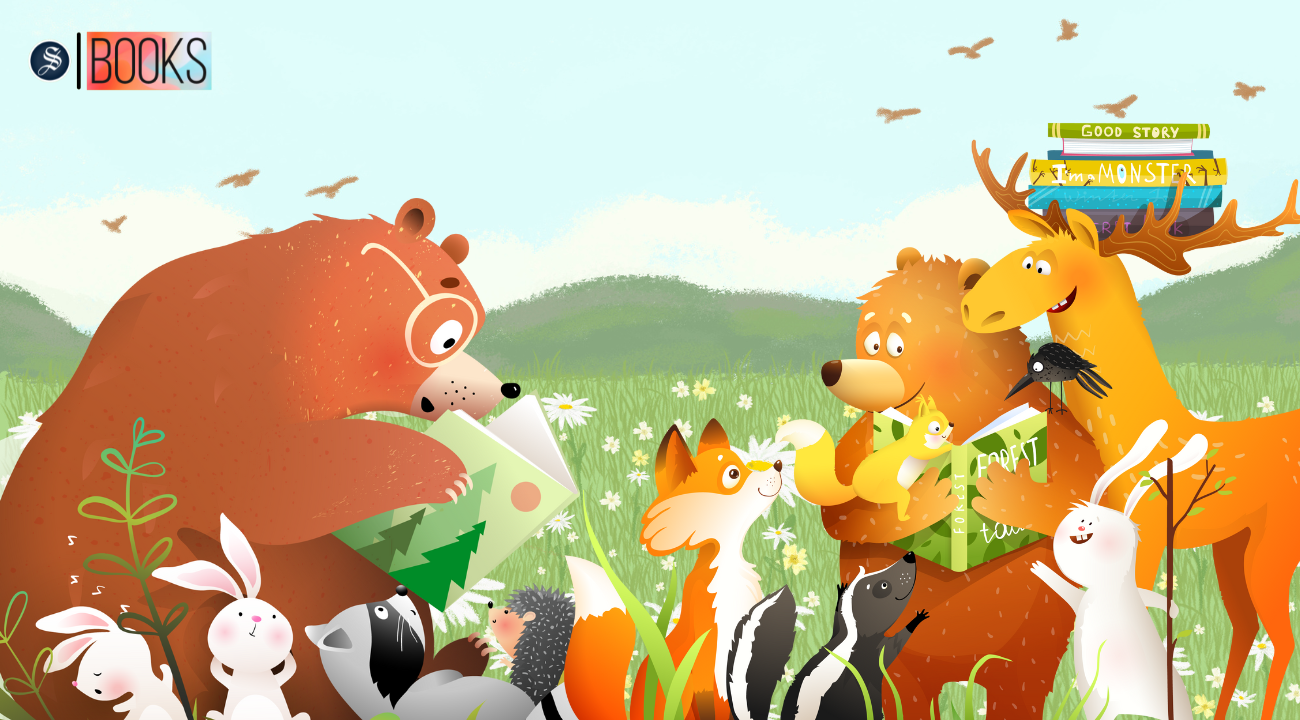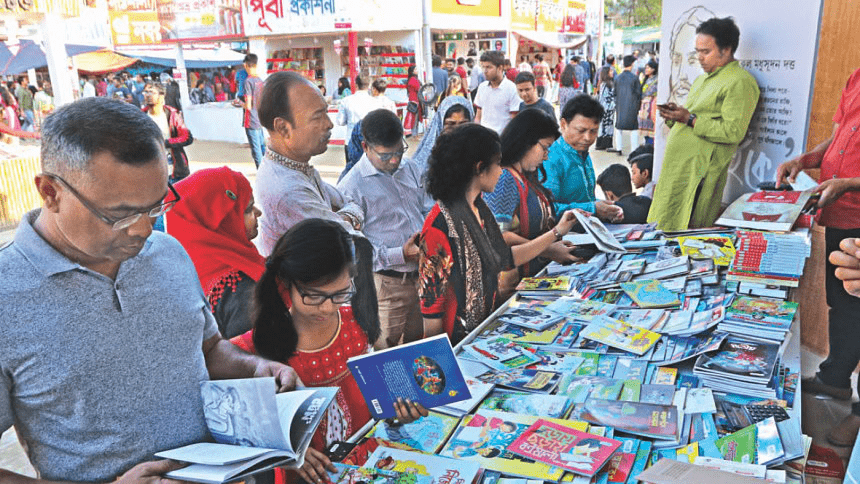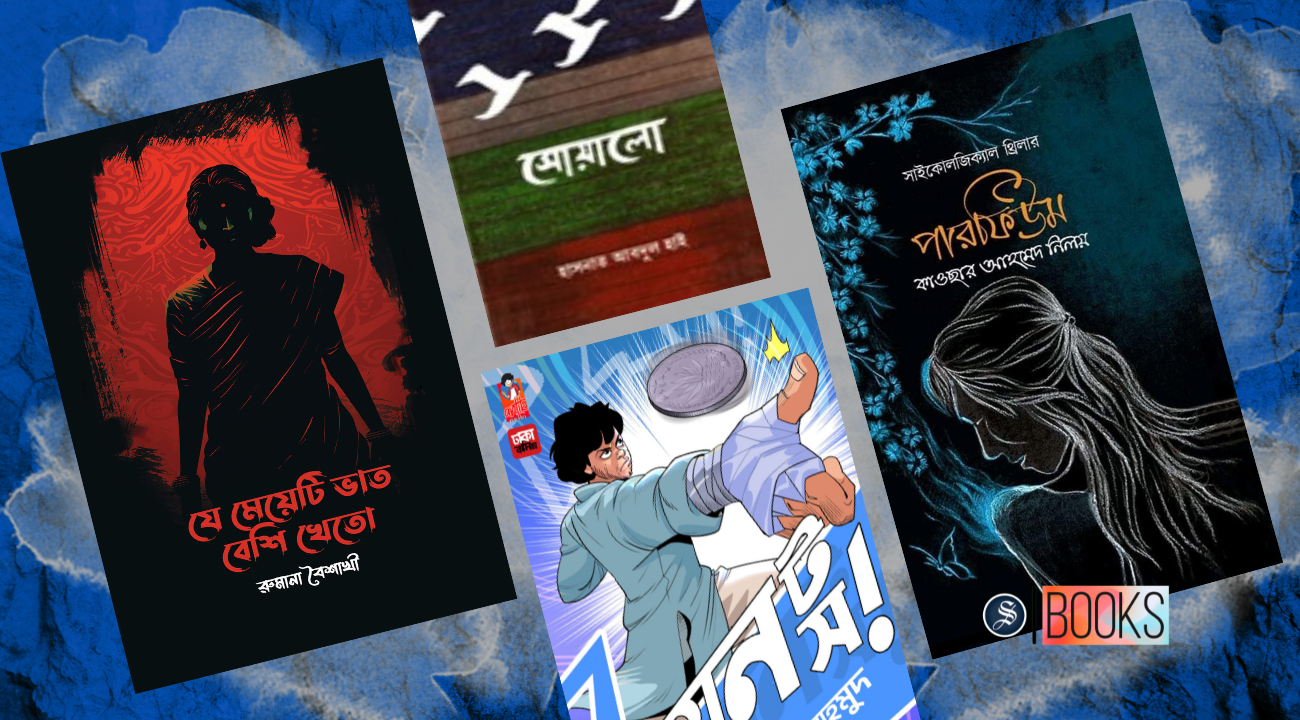Has the Boi Mela been reduced to photographic aesthetics and vacuous controversies?

Ekushey Boi Mela—the quintessential feature of Dhaka city's cultural hub kickstarts the month-long festivities every year in February. Our minds have conceived Boi Mela as not only a part and parcel of the month of February but it's as though Boi Mela brings the month to us, not the other way round. It's a celebration of publishing and reading books, and more importantly, buying books. The focal intent of the book fair is to platform and foster new and upcoming literary voices and practices and to amplify readerships in the country, especially among the youth. However, the predominant conversations around the Amar Ekushey Boi Mela since the last few years have been less about literature and more about the phenomenon of a literary event taking place for the sake of it.
In the last few years, there has been a paradigm shift in the traditional book fair culture. The commercialisation and curation of hyper nationalist books have led to the absence of literature and stories of "others". Boi Mela has become the epitome of neoliberal urban masses' identities, photographic aesthetics, something to tick off from the list of February events wearing sari and punjabi. This is not to imply that there's anything amiss in doing that, but the phenomenon of going to Boi Mela has become more culturally significant than furthering the craft of writing. Whereas, it was the book fair's job to create subversive discourses on politics, culture and society, the latent functionings of the book fair in a mechanical city has become the dominant one.
The commercialisation speaks volumes when it comes to the overall quality of books that become booksellers and hog the most attention. This year, the Tisha-Mushtak pair has been the most controversial and talked about part of the literary event. People are so invested in their story that them being thrown out of the Boi Mela premises is getting more public and media attention than the publication of books of literary and artistic value. Concurrently, social media influencers are also publishing books every year, which go on to become bestsellers because of the social clout they have and the parasocial relationship their audience share with them. Although those books make money, the cultural impact and influence are ephemeral if not completely nonexistent. Even a decade ago, publishing books used to be of significant value. But in today's age, it's as though anyone can become a published author.
Mamunur Rashid rightly said that there's a famine in our artistic taste these days. It's not as though people aren't buying books at Boi Mela but they do not care enough about which kind of books they are buying, an extremely ambivalent position about the quality of books they are consuming. At the same time, there's not a substantial amount of literary colloquy among the literati circle in the book fair. Readers have very little idea about any new writers. It's been decades since we have seen a writer emerging similar to the likes of Humayun Ahmed.
The censorship and surveillance—the overpresence of police in the book fair—also reflect how and why certain discourses are becoming sporadic day by day. Excessive expressions of authority have created vacuums for freedom of expression. Platforming more and more hyper-nationalist books are thwarting the chance to create conversations around the less dominant voices. The key objective of literature is to challenge the status-quo, provoke us into questioning the dominant features of society and the state, to advocate non-partisan narratives, to champion subaltern voices and create alternative discourses. And the main objective of a book fair should be to cultivate the craft of writing and high quality literature in its truest sense. Publishers in this regard play the biggest role and should take a braver stance. Historically, Boi Mela has been an essential tool to foster political and cultural discourses and in recent times it has been reduced to a tool for photographic aesthetics in people's instagram stories.
Nawshin Flora is currently daydreaming about catching up to her never ending TBR list. Remind her to get enough sleep at nawshinflora@gmail.com.



 For all latest news, follow The Daily Star's Google News channel.
For all latest news, follow The Daily Star's Google News channel. 


Comments